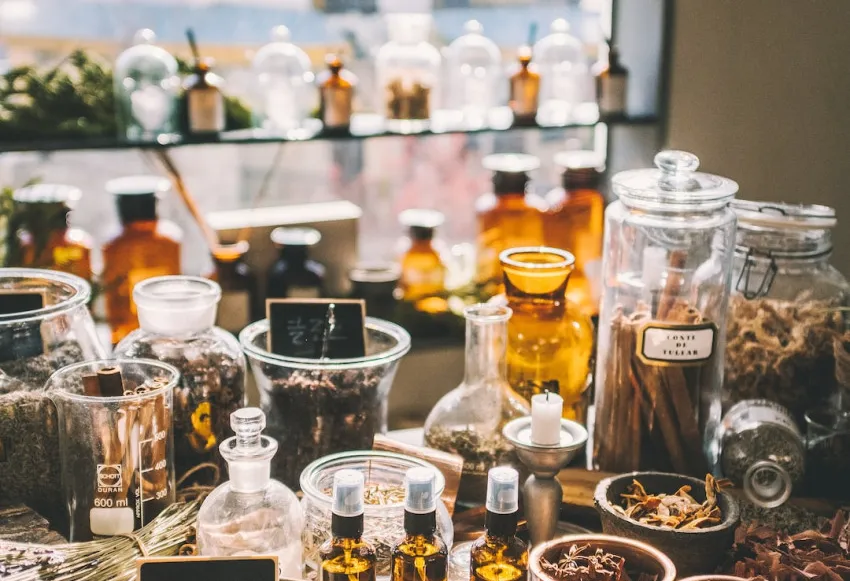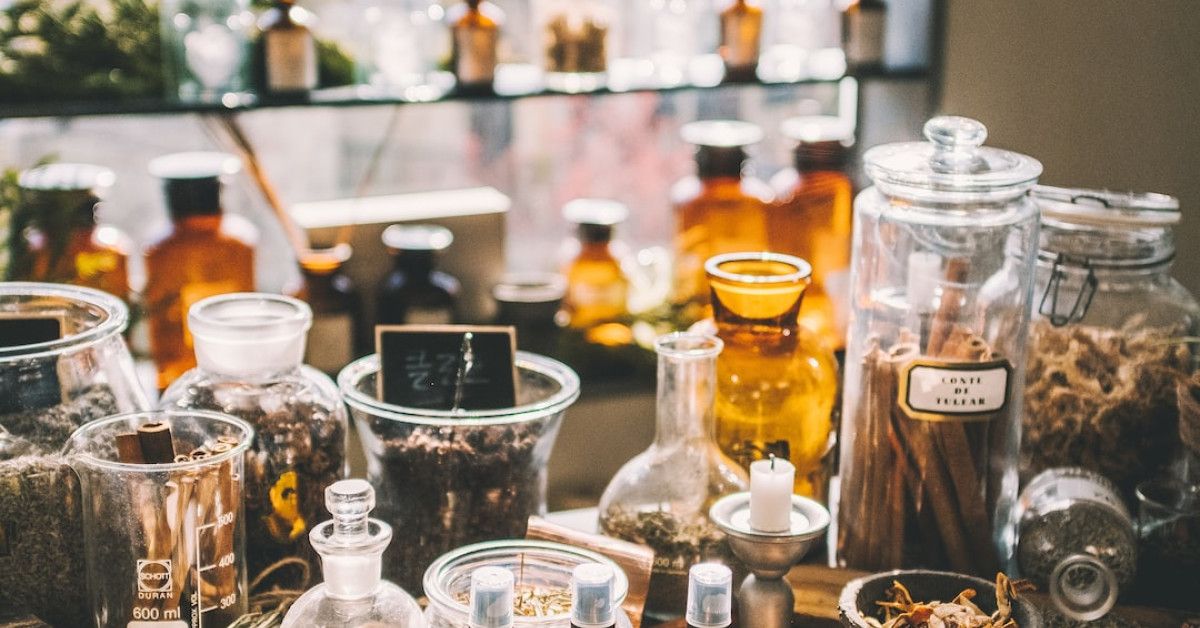In a world where chemically infused hair care products reign supreme, reviving the essence of nature through homemade citrus essential oil perfumes not only brings a zest of freshness to your locks but also ensures a healthier mane. The invigorating scents of oranges, lemons, and limes, infused with the aromatic tranquility of essential oils, can make your hair-care routine an uplifting experience. This guide will lead you on a sensory journey to craft a personalized citrus essential oil perfume that bestows not only an intoxicating aroma but also provides numerous benefits for your hair.
The art of perfume making meets hair care in this intensive tutorial, ensuring that by the end of this journey, your hair will not only smell divine but will also glisten with the nourishment that only Mother Nature's touch can provide. Let’s delve into the world of DIY citrus perfumes and transform your hair care practice into a ritual of natural beauty.
The Alchemy of Citrus and Essential Oils for Hair Care
The marriage of citrus and essential oils in hair care products is more than an aromatic delight; it's a potent alliance that packs a punch of vitamins, antioxidants, and uplifting properties. These natural elixirs have been celebrated for their ability to ward off the dullness and embrace the shine that is every person's hair desire.
Why Citrus?
- Packed with Vitamin C, citrus oils promote collagen production for stronger hair.
- Balances the scalp’s pH, helping to combat oiliness and dandruff.
- Antimicrobial properties keep the scalp clean and healthy.
The Power of Essential Oils
- Essential oils like lavender and rosemary can stimulate hair growth.
- Provide a calming effect, reducing stress which can be beneficial for preventing hair loss.
- Some oils like coconut and argan oil act as natural conditioners, adding softness and shine.
Crafting Your Signature Citrus Scent
Creating your unique citrus essential oil perfume for hair care involves understanding scent construction. Every perfume is a symphony of notes: top, middle, and base, each playing a crucial role in the fragrance's lifespan and character.
Top Notes
These are the initial fragrances that hit the senses; they are usually light, fresh, and volatile. Citrus scents are often top notes due to their bright and fleeting nature.
Middle Notes
Also known as heart notes, they serve as the body of the perfume, emerging after the top notes dissipate. Middle notes are well-rounded and harmonious.
Base Notes
These underpin the perfume with depth and longevity. Base notes are rich, heavy, and linger the longest on the skin and hair. They often have moisturizing properties essential for hair health.
Ingredients You’ll Need
To formulate your citrus-based perfume, you'll need both natural ingredients and a few tools:
- Citrus essential oils: Choose from orange, bergamot, grapefruit, or lemon.
- Carrier oils: Jojoba, argan, or sweet almond oil make excellent bases.
- Alcohol: High-proof, preferably 100-proof vodka, as a preservative and diffuser.
- Distilled water: To dilute and blend the perfume.
- Glass dropper bottles or spritz bottles.
Step-by-Step Guide to Creating Your Citrus Hair Perfume
Step 1: Choose Your Base
- Begin by selecting your carrier oil, such as argan oil for added gloss, or jojoba oil for its similarity to the scalp's natural sebum.
Step 2: Blend in Your Essential Oils
- Add 20-30 drops of your chosen citrus essential oils. Remember, this is for scent, as well as the benefits they bring to the hair. Feel free to mix different citrus oils to create a complex fragrance.
Step 3: Mix with Alcohol and Water
- Combine your oil blend with alcohol, which will not only preserve your perfume but also help to distribute the oil and fragrance through your hair.
- Add distilled water to achieve the desired concentration.
Step 4: Store Correctly
- Pour your final mix into a dark glass bottle to protect the oils from light, which can degrade their quality.
Step 5: Application
- To use, spritz lightly onto damp or dry hair, avoiding the roots.
Benefits of Using Citrus Essential Oil Perfume on Hair
This natural hair perfume is more than a treat for the senses; it's a tonic for the hair. With consistent use, you'll notice:
- Enhanced shine and vibrancy due to the vitamins and antioxidants.
- A light, clean feel without the heaviness of synthetic fragrances.
- Reduction in dandruff and scalp irritation from the antiseptic qualities of citrus oils.
Comparing Homemade Versus Store-Bought Hair Perfumes
To showcase the advantages of homemade citrus oil perfumes over store-bought options, consider the following comparison chart:
| Feature | Homemade Citrus Oil Perfume | Store-Bought Hair Perfume |
|---|---|---|
| Ingredients | Natural and transparent | Often synthetic, with potential irritants |
| Customization | Tailored to individual preferences | One-size-fits-all approach |
| Cost-effectiveness | More economical in the long run | Can be pricey for premium scents |
| Nutritive value | Rich in hair-friendly nutrients | Generally lacks beneficial properties |
Subtle Hints on Application and Longevity
For an Even Distribution
- Use a light mist, allowing the spray to cover a large surface area of your hair.
- Avoid direct application onto the roots to prevent oily scalp.
Enhancing the Longevity
- Apply to freshly washed hair for scent adherence.
- Reapply midday if you desire a scent boost.
Combining Citrus Perfume with Your Hair Care Routine
Incorporate your citrus essential oil perfume into your hair care ritual by:
- Spraying it onto your hairbrush before brushing.
- Misting it lightly after styling to add a finishing touch of fragrance and a protective layer against environmental stressors.
Precautions and Tips for Sensitive Scalps
While natural ingredients are gentle, it's prudent to:
- Perform a patch test before widespread use.
- Dilute oils properly to prevent irritation.
- Opt for lighter citrus oils if the scalp is particularly sensitive.
Conclusion: Embracing Natural Fragrance for Healthy Hair
Today, making your own citrus essential oil perfume is not just an indulgence in natural aroma; it's a holistic approach to hair care. By selecting ingredients that are beneficial for your hair and scent profile, you create a product that aligns with your health and beauty standards. With each homemade batch, you're advocating for a greener, healthier, and more personalized hair care future. Embrace this journey of crafting your distinct citrus essence and let your hair bask in the glow of nature’s scented embrace.

